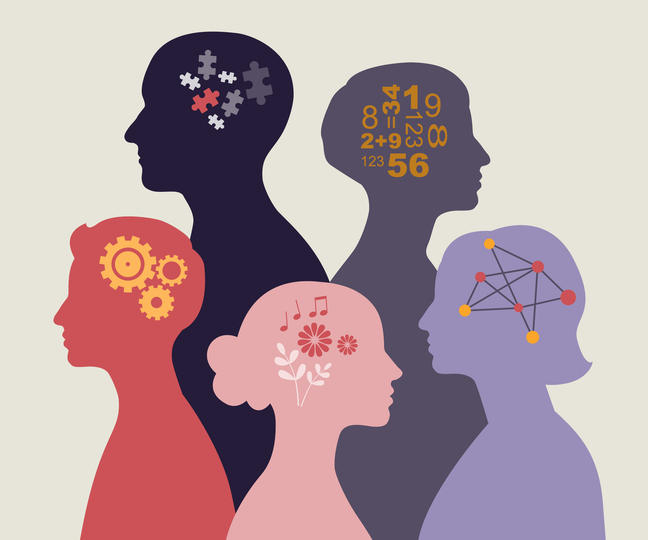On 30 January 2025, the Family Justice Council published guidance for legal practitioners working with neurodiverse users of the Family Justice System.
What is Neurodiversity?
Neurodiversity, or neurodivergence, is an umbrella terms that covers a wide variety of definitions but the common trait among all types of neurodivergence is that someone’s brain works differently from the ‘typical’ brain. It means neurodivergent people often view and interact with the world differently. It is not something to be ‘fixed’ or ‘cured’.
It is estimated that 1 in 5 people are neurodivergent.
The most common types of neurodiversity, which the guidance focuses on, are:
- Autism, sometimes referred to as Autism Spectrum Disorder or Autism Spectrum Condition
- ADHD or ADD
- Dyslexia
- Dyscalculia
- Developmental Co-ordination Disorder
- Dysgraphia
- Tourette’s Syndrome
What is the new guidance?
The new guidance follows two years of research from across the family justice system.
It sets out a summary of the perceived limitations of each common type of neurodiversity but also the perceived strengths that are often overlooked.
The guidance sets out the common misunderstandings, stereotypes and stigmas faced by neurodivergent individuals, how communication styles often differ along with perceived differences in social interaction and presentation. It explains the need to understand each individual and the challenges they may face in the Family Justice System.
The most helpful part of the guidance is the practical advice on what adjustments are needed to overcome barriers that neurodivergent people may face, providing specific examples for what each adjustment could look like, helping both practitioners in understanding the likely accommodations needed and providing neurodivergent clients with an insight into the potential adjustments available.
The guidance can be found here.
There is an important understanding that when it comes to neurodiversity “one size fits all” is not the best approach and it is about understanding each individual and how we as practitioners can accommodate their individual needs.
Why is it important?
The world and the court work on the basis that people are neurotypical. Without recognising and responding to the real barriers faced by those who are not neurotypical in the Family Justice System, neurodivergent users struggle to access justice, and they can be faced with unfair outcomes.
As the President of the Family Division Sir Andrew McFarlane, said: “It is clear that the failure to recognise and accommodate neurodivergence within the Family Justice System leads to parties, witnesses and children not being able to participate fully. Equal access to justice is fundamental to a functioning and fair system.”
The new guidance helps identity the potential barriers and consider the best practice to accommodate neurodivergence within the System.
How can we help?
If you are a neurodiverse individual, or suspect that you are, and are going through Children Act Proceedings, separation or divorce, please get in touch with a member of the Family & Matrimonial team.

